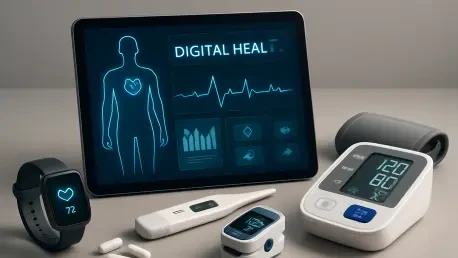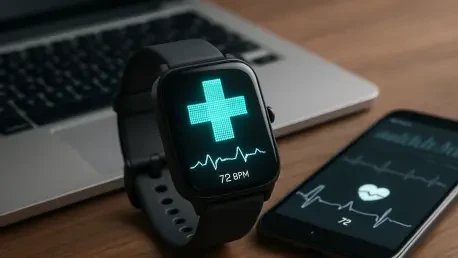
In an era marked by accelerating technological advancements and heightened cyber threats, healthcare institutions face unprecedented challenges in safeguarding sensitive patient data and maintaining operational integrity. Embedded in legacy systems and required to comply with strict regulatory

The collaboration between Welldoc and Databricks marks a pivotal moment in the field of digital health, where artificial intelligence and comprehensive data analytics unite to redefine cardiometabolic care. With the onset of their partnership as members of Databricks' Built on Partner Program,

As the world continues on a trajectory toward constant connectivity and enhanced personal health monitoring, wearable system-on-chip (SoC) technologies are emerging as significant forces driving change in multiple facets of our lives. While the notion of these miniature yet potent chips isn't new,

The University Maternity Hospital Limerick (UMHL) has taken a progressive step in healthcare innovation by integrating the Maternal & Newborn Clinical Management System (MN-CMS) into its operations. By adopting this electronic health record (EHR) system, UMHL becomes part of a growing network of

In the evolving landscape of healthcare accessibility, telemedicine stands out as a transformative force that has made medical services readily available to millions. Even post-pandemic, Filipinos have increasingly adopted telemedicine to consult doctors from the comfort of their homes. This shift

The modern workplace is facing a well-documented but often unmet challenge: the mental health of its workforce. Reports indicate that nearly one in five adults experience a mental illness each year, a statistic mirrored within many corporate environments. In this landscape, employers strive for